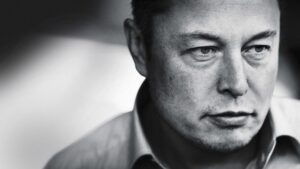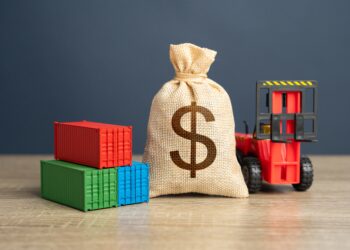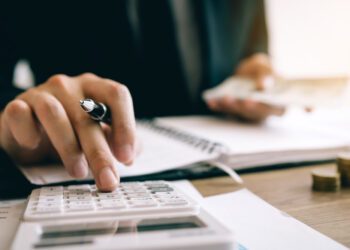We could be talking about the largest private buyout deal in history. Musk just needs a buyer.
When Elon Musk tweeted on Aug. 7 that he had “funding secured” to take Tesla private, it set off a global guessing game.
The price tag to to take the company private, even if Musk keeps his 20% stake as promised, could top $66 billion, going by Musk’s suggestion of a tender at $420 per share. (Tesla’s shares closed yesterday at around $370 per share.)
Tesla is a massive, money-losing electric car company. The company has not recorded an annual profit since its 2010 IPO.
Tesla has promised profits later this year—it has broken such a vow before—and questions linger about its ability to execute its ambitious production plans without burning through billions of dollars.
The electric car company, which has a market cap of around $63 billion, has raised some $38 billion in debt and equity to fund its spending since 2008.
So who does that leave as a prospective buyer? A handful of global companies have more than $50 billion in cash and other ready resources on their balance sheets, which could be put to use buying up Tesla’s shares.
Only 11 fit the bill
The most obvious is Apple, with a $243 billion war chest, which has tried and failed to enter the automotive industry before, according to data from research platform Sentieo.
Next up are Microsoft and Toyota, two less likely though still viable candidates. The problem with these, though, is that Tesla would remain part of a publicly listed group after a deal, which goes against Musk’s rationale for floating the buyout, as spelled out in an email to employees titled, “Taking Tesla Private.”
If these companies don’t step up, there are a few financial firms and sovereign wealth funds able to write checks of sufficient size. SoftBank and its Vision Fund, two of the largest sources of private cash out there at the moment, have been named (and dismissed) as possibilities, while sovereign funds such as Saudi Arabia’s certainly have the cash.
Musk is confident. “Investor support is confirmed,” he tweeted. “Only reason why this is not certain is that it’s contingent on a shareholder vote.”
A lot is coming.













